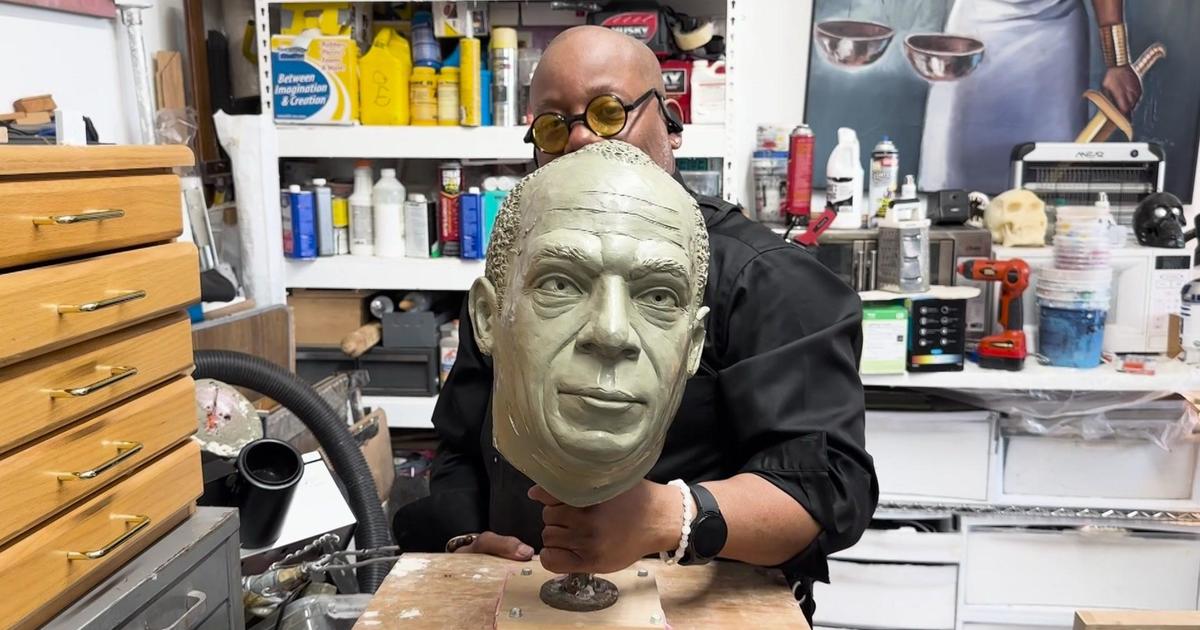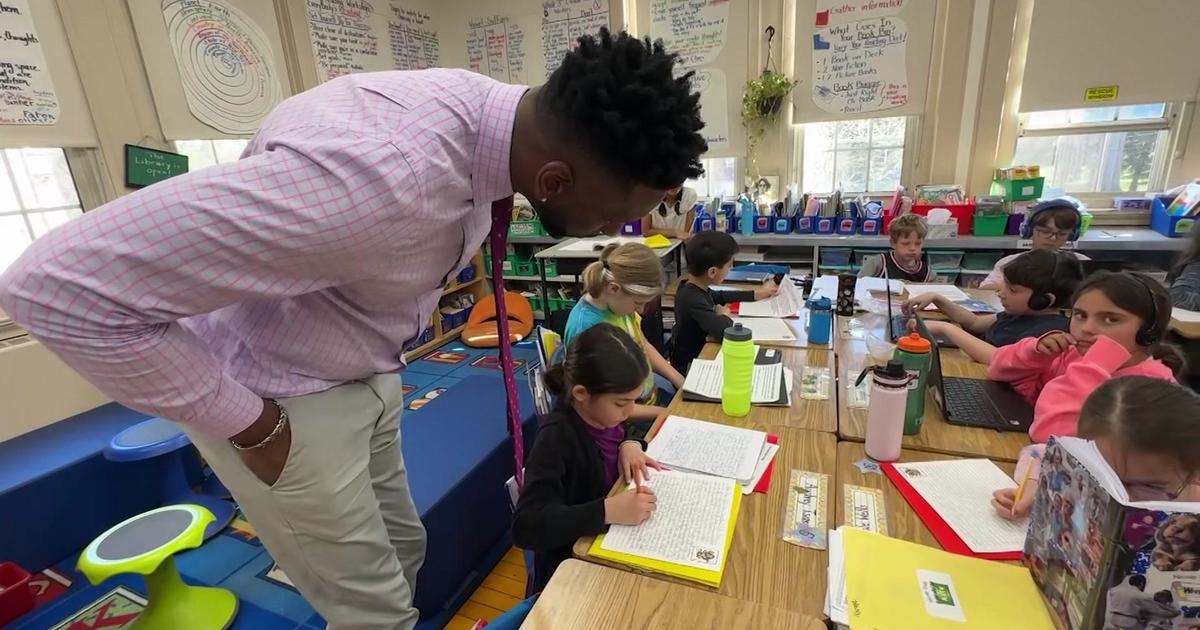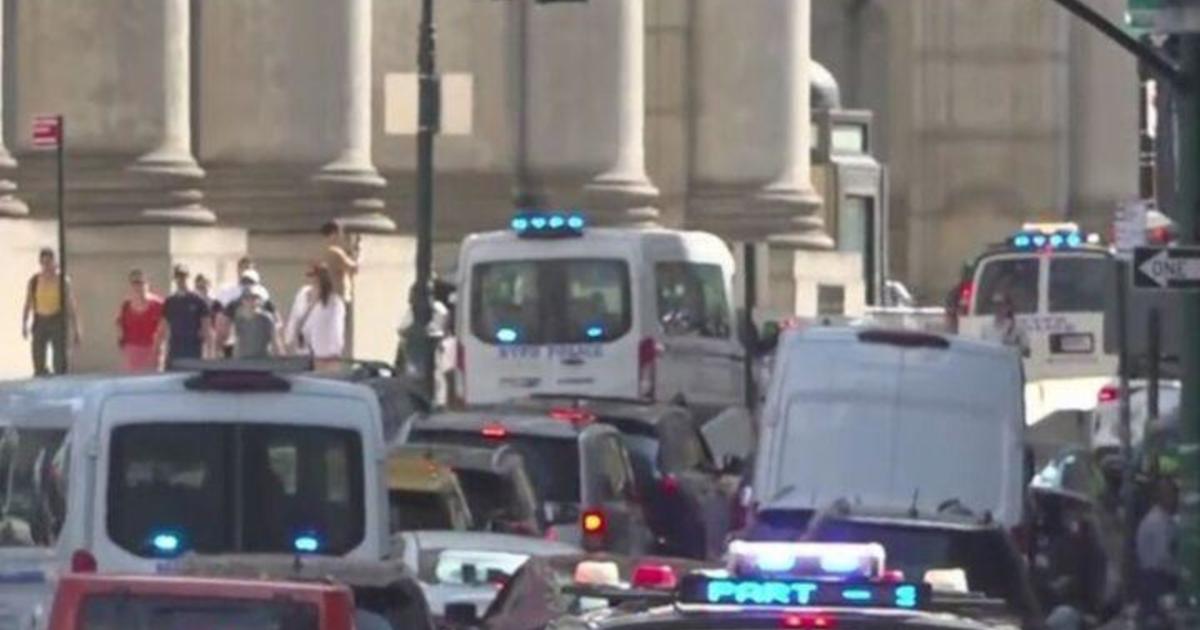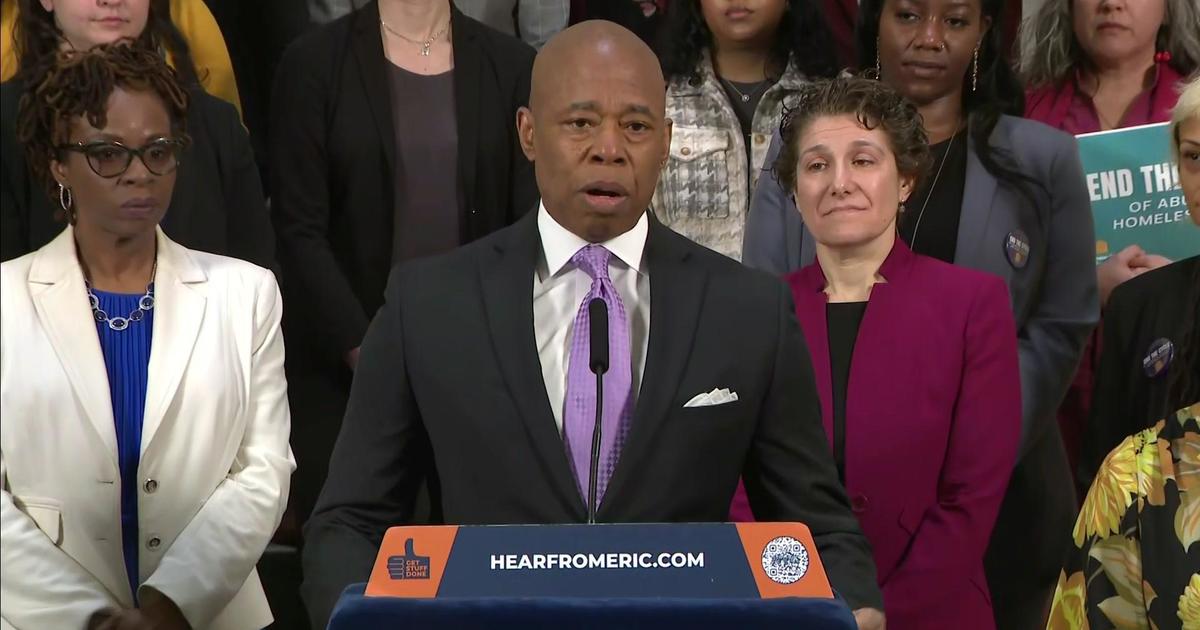Internet Privacy In The World Of Going Viral
NEW YORK (CBSNewYork) -- At a time when so much of our lives is documented online, where do you draw the line when it comes to posting about other people?
CBS2's Jessica Moore looked into internet etiquette in public places.
From live tweeting about other people's bad dates to calling out alleged cheaters, the latest way to become "internet famous" seems to require only keen ears and fast thumbs.
"Sorry, I don't have any privacy. You don't have any privacy," said Lamonte Fountain.
Earlier this month, millions of people followed along with what appeared to be a serendipitous love connection between two strangers on a flight. Rosey Blair's live Twitter feed garnered hundreds of thousands of retweets and nearly one million likes.
Amid backlash, she deleted the post and issued an apology.
But the woman at the center of #PlaneBae wasn't having it, issuing a statement saying, "#PlaneBae is not a romance - it is a digital-age cautionary tale about privacy, identity, ethics and consent."
Some New Yorkers think private conversations should stay private, no matter where you have them.
"You shouldn't be in someone else's business, assuming things that aren't right," Edith Oleaga said.
"I don't think you should be putting your input in people's lives, because that's how things start," said Latifah Carter.
Others think you can't always expect that what you say in a public place stays private.
"Integrity still has to come into play and character," Michelle Black said. "And that's what it comes down to: Do you have integrity and character and do you need to share other people's business? No."
Experts say these days, the "elevator rule" applies pretty much everywhere. Meaning, assume that anything you say in a public place is being overheard by someone nearby.
"It's public domain," said Matthew Dimakos. "I really think if you want to remain private, don't talk in public around people that may be recording you. I think you're responsible for that."
"We have freedom of speech and then we have the right to privacy. Who draws the line between the two? I don't know," Fountaine said.
Public domain or privacy invasion? Unless you're in your own home, silence seems to be the only way to ensure you don't end up as click bate.



